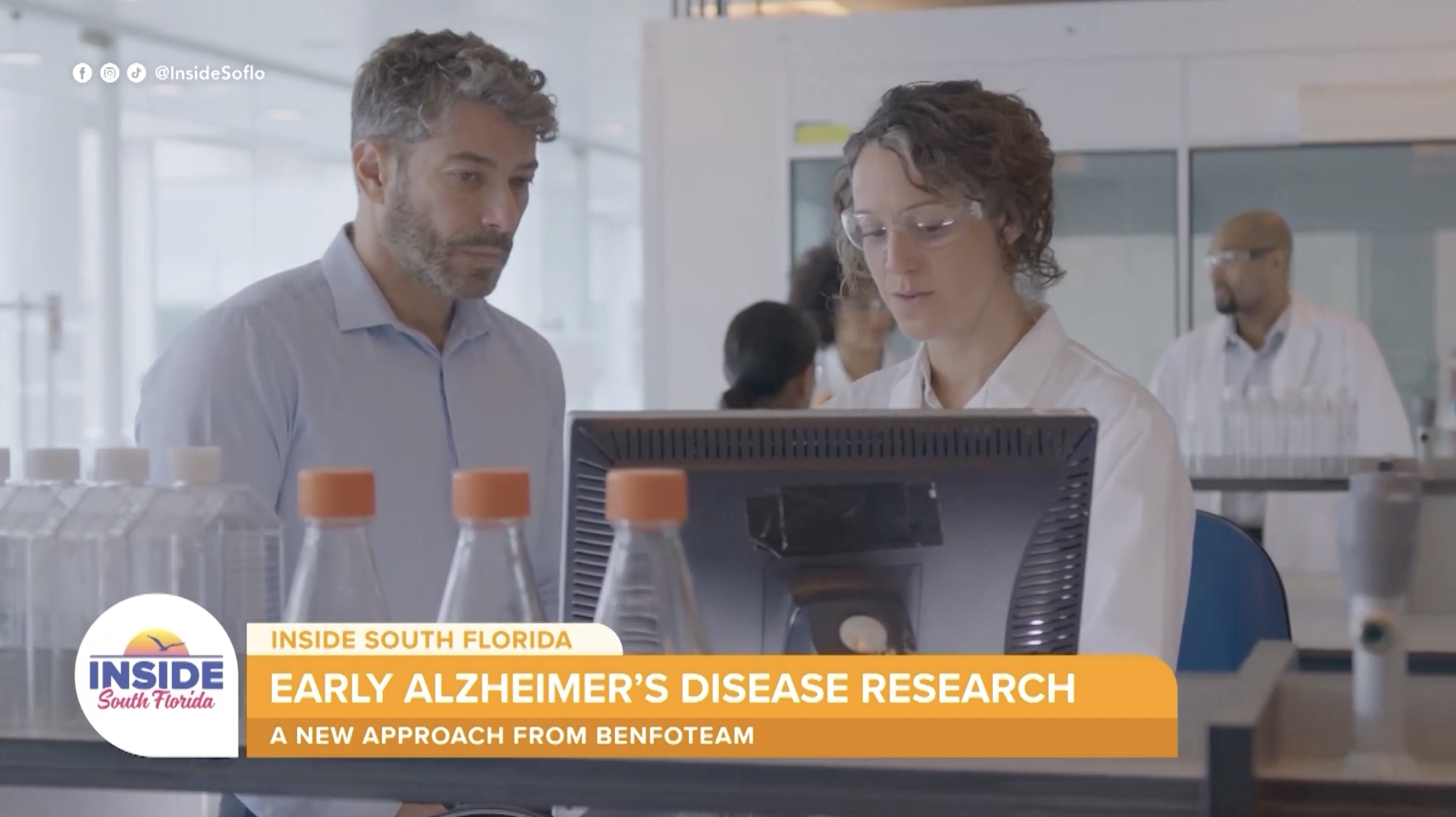Disclaimer: This Inside South Florida segment is sponsored by Alzheimer’s Disease Cooperative Study (ADCS) at UC San Diego; Burke Neurological Institute (Weill Cornell Medicine). All opinions and views are of the advertiser and does not reflect the same of WSFL-TV
The JEM Research Institute in South Florida is joining a nationwide effort to explore the potential of a vitamin B1-based treatment for Alzheimer’s disease. The ongoing BenfoTeam Clinical Trial is investigating benfotiamine, a synthetic version of thiamine (vitamin B1), and its effects on cognition in people with mild to moderate Alzheimer’s.
Dr. Linda Pao, Co-Medical Director and Principal Investigator at JEM Research Institute, recently spoke with Inside South Florida to explain the promising study and how eligible individuals can get involved.
What Is Benfotiamine?
Benfotiamine is a prodrug of thiamine, meaning it is a modified form of the vitamin designed for better absorption. “Thiamine is a really important cofactor in how the brain functions. It helps with glucose metabolism and synaptic function, which is, brain cells talking with each other,” explained Dr. Pao. “We’re actually giving large quantities of pre-thiamine to the brain and seeing if that helps with cognition.”
About the Study
The trial, which is currently in Phase 2A/2B, is double-blinded and being conducted across more than 50 sites in the U.S. Participants must be between ages 50 to 85, and meet specific criteria based on cognitive assessments. These include a Mini Mental Status Exam (MMSE) score between 20 and 28 and a Montreal Cognitive Assessment (MoCA) score of 26 or less.
Eligible participants will also undergo blood tests and MRI scans to confirm Alzheimer’s progression and rule out other neurological conditions.
Why It Matters
With no known cure for Alzheimer’s, this study offers hope that a well-tolerated, vitamin-based intervention could help slow or improve cognitive decline. This is a naturally occurring compound, made more effective synthetically, that researchers hope could change how we treat early Alzheimer’s.
How to Get Involved
Interested participants can visit benfoteam.org or contact the JEM Research Institute directly by visiting jemri.net or calling 561-968-2933.



